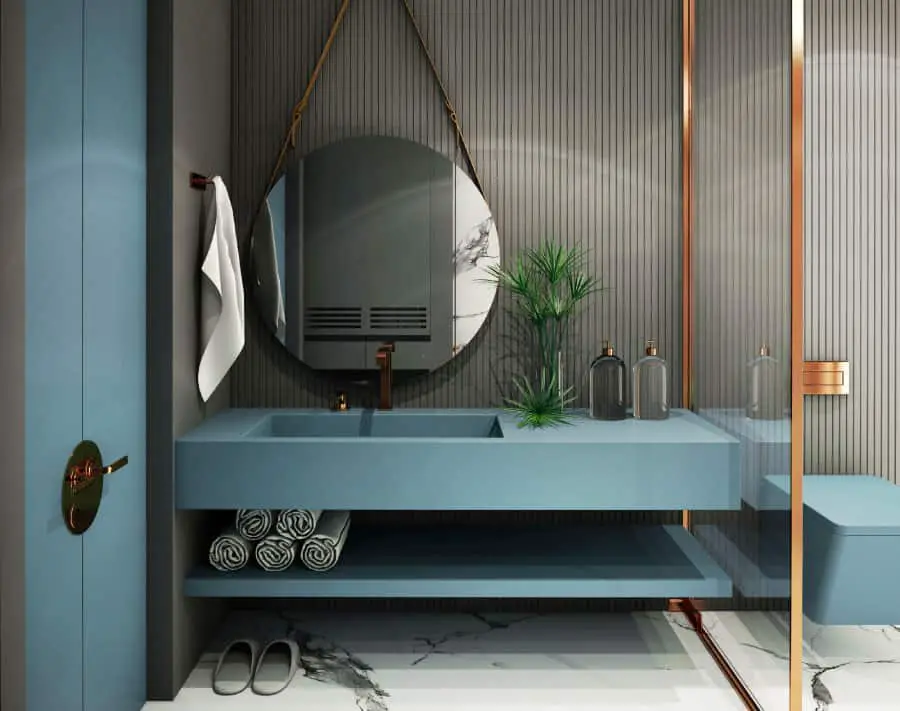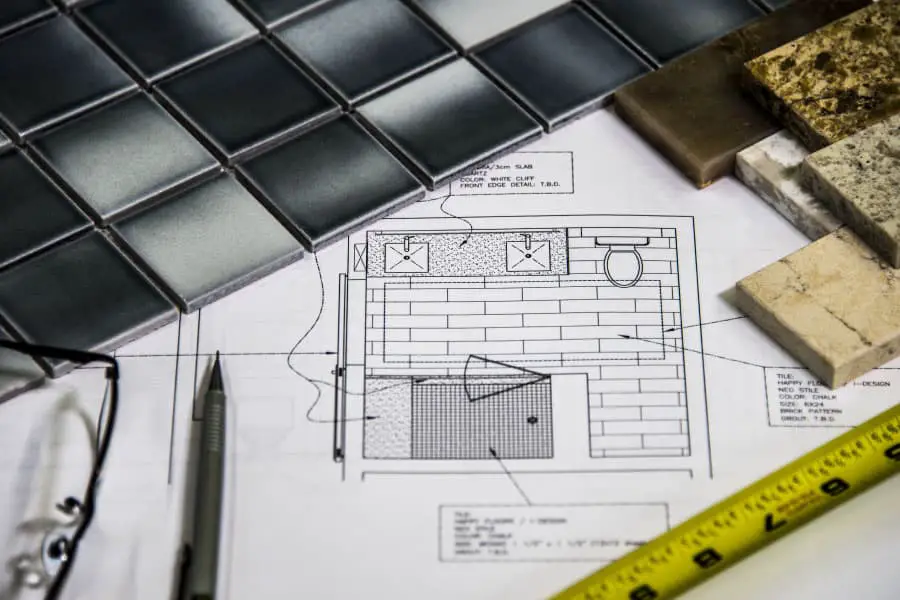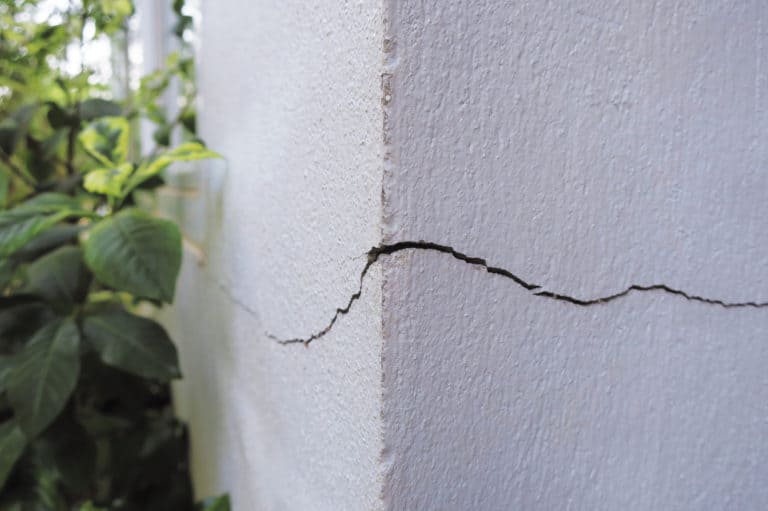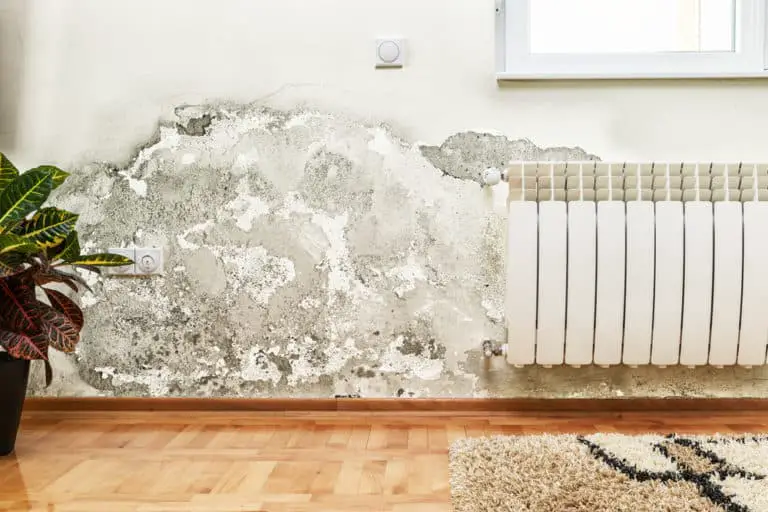Can You Add a Bathroom To a Condo?
A condo is intended to provide all the needed amenities for the space to be inhabitable. There may be times when you decide that you want to personalize your condo, and you might want to rearrange how your condo is currently constructed.
However, the nature of a condo is that the building is a shared living space, and your property is only a part of the building. As such, there are some limitations to what you can do within this part of the building that you want. This brings up the question:
Can you add a bathroom to your condo? Yes, technically, you can add a bathroom to a condo if you have the necessary space for it. However, due to the nature of condominiums and condominium ownership, you would probably not be allowed to unless you get permission from your neighbors and the building owner.
Now let’s dive a bit deeper and look at what you need to consider when adding a bathroom to your condo as well as general information related to condominium living.
What do you need to build a bathroom?
The only difference between a regular room and a bathroom is that a bathroom requires multiple sources of water and can handle moisture well. This requirement is what makes bathrooms very difficult to add to an existing condo unit.
A bathroom doesn’t need that much space to be functional. The bare minimum space required for a bathroom would be around 2.1 square meters. That is almost the same size as a regular bed. Aside from the space requirement, the utilities needed include a sink, a toilet, a shower, and a drain.
Feel free to check out our post on Can You Have a Bathroom Next To a Kitchen.
Is adding a bathroom unit expensive?
Relatively speaking, adding a bathroom to a condo unit is expensive. The construction costs largely depend on what your unit is missing for a bathroom. These are the following expenses that you need to consider when adding a bathroom to your condo unit.
- Walls to keep water and moisture as well as for privacy
- Tiles to ensure that water is not retained and travels to the drainage.
- Utilities such as a sink, toilet, and shower
- Ventilation to ensure that unpleasant smells go outside of the bathroom.
- Drainage to ensure that water does not remain inside the bathroom.
How is a bathroom installed into a condo unit?
As stated earlier, a condo is any living space within a building. As such, the construction process will be different and more difficult due to the restrictions of condominium ownership.
- Walls will need to be constructed. The most feasible wall type to install in a condominium would be a dry-wall, which is relatively light and has room for pipes.
- Plumbing fixtures will need to be connected to the waterline and the sewer line.
- Ventilation needs to be provided.
- Fixtures and finishes.
The project will most likely take at least a few weeks to finish, assuming that you want a functioning bathroom without any special designs
Note: Since a condo unit is such a confined space, if you plan on having a bathroom installed, expect a lot of dust, noise, and other unpleasantries for the next few weeks.
What if my condo unit is on the ground floor of the building?
It will be much easier to install a bathroom if your unit is already on the ground floor. Since the pipes don’t have to carry the water upwards, you’ll have access to the main pipe. The only trouble you could cause is probably noise for your upstairs neighbors.
Even if your unit is on the ground floor, it’s essential that you talk with your neighbors and the owner of the building unless you want a complaint.

Will it be more expensive to install a bathroom if my unit is located on an upper floor?
Unfortunately, yes, it will be more expensive for the condo unit owner to do pretty much any major renovations if they live on an upper floor. Here is a list of reasons why:
- Getting water up is expensive. Changing the plumbing on the upper floors will most probably make the current water system of the unit less efficient as a whole. It’s harder for water to go up floors, and as such, the higher you are, the more sensitive the change will be.
- Workers will have to work harder. The workers for the renovation will constantly have to carry the materials needed up and down the building. This can range anywhere from taking a flight of stairs to having to use the elevator continually.
- Making changes to the ventilation system. The current ventilation system will have to be tweaked to accommodate the new bathroom unless you plan on having your bathroom installed against a window.
What can you add to a condo unit?
Depending on your contract with the building owner, most of the time, you are allowed to do any renovation as long as it does not exceed the confines of your unit.
This includes adding your own counters, your own cabinets, your own windows, your own tile finishes, your own lights, and etc. Any part of a room that does not involve changing the structural/plumbing/electrical aspect of the building will most probably not require you to ask permission from your neighbors and the building owner to install.
You are also allowed to own any piece of furniture that you like as long as it fits within the condo unit and is safe to use. An example of an unsafe piece of furniture would be any faulty electronics that could cause a fire.
It is possible to also add non-load bearing walls, as long as they are relatively light if you want to make an extra room in your condo unit.
Rules and responsibilities to follow as a condo unit owner
As an owner of a condo unit, you will be living close to other people. Unlike houses, the only thing separating your space from another person’s space is a wall.
As such, building owners implement rules and regulations to ensure that everyone living in the building can live comfortably.
Here is a general list of rules that are applicable to most if not all condominiums:
- Membership of a resident association. An association of condo unit owners usually convene to discuss rules and regulations that apply to them. These rules are all agreed upon by the homeowner, and as such, they are expected to be followed.
- You are expected to pay your utilities. This is especially true if your unit has been renovated in such a way that it makes you consume more. How building owner’s address this problem is by installing trackers for both water consumption and electrical consumption per unit.
- You are expected to keep your condo in good condition. The low maintenance of a unit can affect other units within the building. An example of this is simply allowing a broken pipe to stay broken. This may lead to water leaking to a unit below you or within your vicinity.
- You are expected to pay dues to the building owner. These are mostly to cover maintenance and amenities expenses. This includes the salary for the security guards and maintenance personnel as well as the upkeep of utilities such as security, cameras, elevators, and etcetera.
Conclusion
A condominium is a convenient mode of housing considering its affordability and its location within a metropolis. This convenience is, however, is at the cost of the freedom of activities within and the customization of your living space due to practical reasons and the fact that you’re living near other people.







